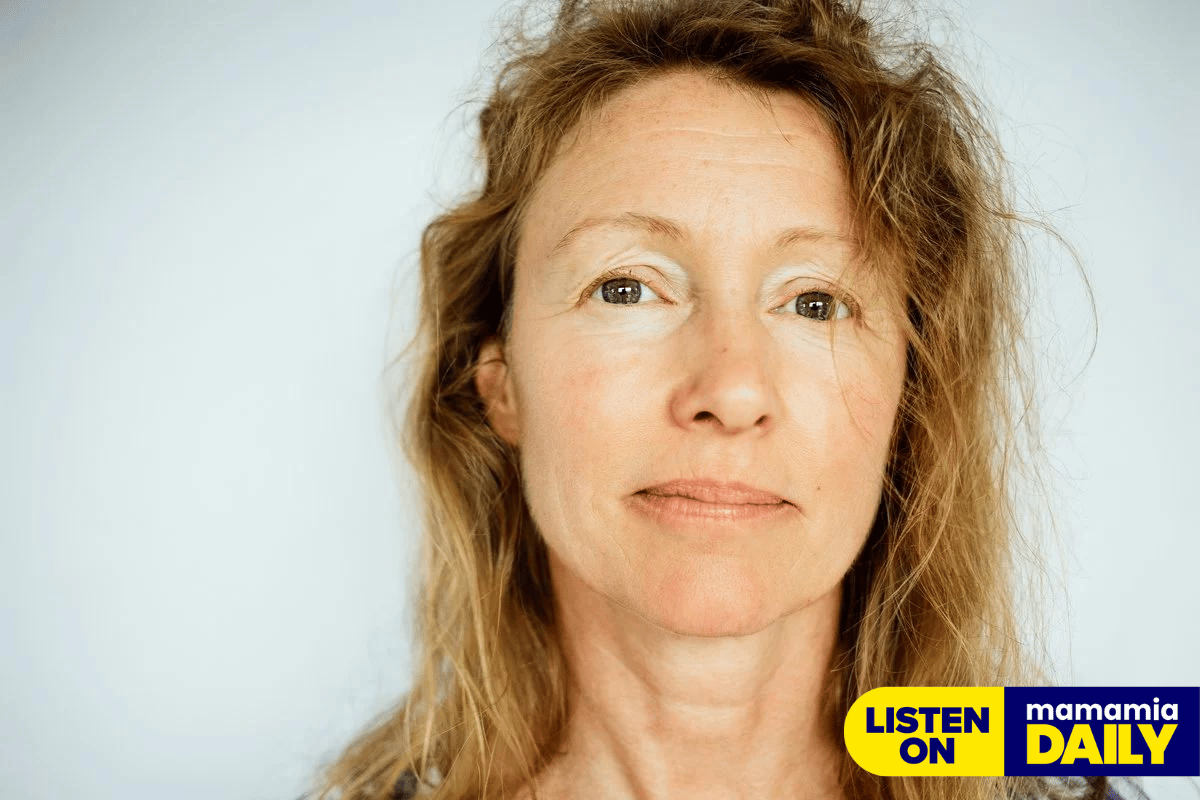
Listen to this story being read by Jess Kingston, here.
Late 30s or early 40s. That's the age range where women are mostly diagnosed with ADHD when it is not picked up in childhood.
This rings pretty true for me at not quite 38.
I remained undiagnosed until very recently. The possibility of ADHD as a diagnosis for me didn't enter my radar until I started navigating the area with one of my children over the last few years.
Watch: The horoscopes working out. Story continues below.
I kept reading again and again just how many adults there are walking around undiagnosed, with a particular emphasis given to just how easily girls can fly under the radar and miss being diagnosed during their childhood, often despite glaringly obvious signs.
I was told many times throughout my youth that I was 'a daydreamer', 'off with the fairies', and 'not applying myself'.
So, earlier this year, I set about actively seeking a diagnosis. Often, girls will be diagnosed with anxiety or depression and any underlying neurodiversity is overlooked. Of course, anxiety, depression, and ADHD can all exist alone, but they can equally all co-exist in combination alongside one another too.


Top Comments